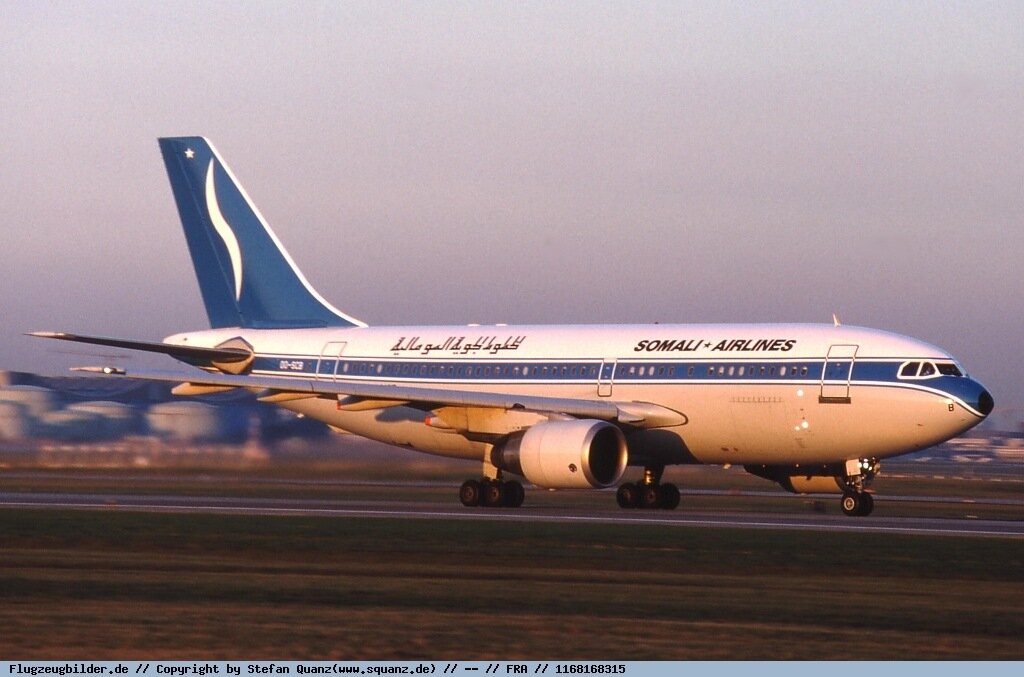![]() Severe food crises are growing in Kenya and Somalia, as the Horn of Africa continues to receive below-normal rainfall, according to the Famine Early Warning Systems Network.
Severe food crises are growing in Kenya and Somalia, as the Horn of Africa continues to receive below-normal rainfall, according to the Famine Early Warning Systems Network.
The hunger-tracking group says 2.9 million people in Kenya and 3.2 million in Somalia are experiencing Phase 3 or higher on the network’s five-tier warning scale, with Phase 3 being the crisis stage and Phase 5 being a full-fledged famine.
The numbers represent a jump of 800,000 in Kenya and 300,000 in Somalia since FEWSNET’s last estimates, released in June.
The need is urgent
Peter Thomas, FEWS NET decision support advisor, says Phase 3 indicates that households are in need of urgent humanitarian aid.
“This means that households are unable to meet their basic food needs for survival and facing gaps in their basic food needs,” he told VOA’s Horn of Africa Service.
Thomas says the new estimates were compiled just after the March to May rainy season, which FEWS NET said was “very poor” across southern Somalia and northern Kenya. Some parts of Kenya received just 25 percent of the normal rainfall.
The rain was more plentiful across nearby Ethiopia, except in the south, where drought conditions continue and millions across the Somali and Oromia regions remain in need of assistance.
Somalia a concern
Aid agencies like the U.N. World Food Program have helped many Horn residents hold off starvation. But Thomas warns that in Somalia, the situation could change. In the past, militant group al-Shabab has periodically banned aid agencies from helping people in towns under the group’s control.
“In the worst case scenario, if the humanitarian assistance is cut off and access to humanitarian need by local communities are restricted, famine could be possible,” he said.
The last declared famine in Somalia, in 2011, killed an estimated 260,000 people.
On Saturday, the Trump Administration announced more than $630 million in aid to Somalia and three other countries where conflict has led to or contributed to widespread hunger; South Sudan, Nigeria and Yemen.











 The Auditor General of Puntland State of Somalia Jama Mohamed Osman has ordered all bank accounts used by the state’s ousted cabinet...
The Auditor General of Puntland State of Somalia Jama Mohamed Osman has ordered all bank accounts used by the state’s ousted cabinet...


